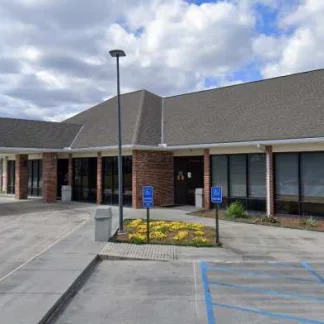Iberville Parish Behavioral Health
Plaquemine, Louisiana, 24705 Plaza Drive, 70764
Available Programs
- Adult program
- Postpartum program
- Program for men
- Program for women
- Young adult program
Insurance and Financial
- Medicaid
- Private insurance
- Self-pay options
- Sliding scale payment assistance
- Medicare
- Military insurance
- Per session
About this Facility
Iberville Parish Behavioral Health is an outpatient facility that offers treatment for individuals with a Mental Health diagnosis and/or Substance Addiction. Iberville Parish Behavioral Health is located in Plaquemine, Louisiana
Iberville Parish Behavioral Health is committed to facilitating client-centered recovery treatment by empowering individuals to strengthen relationships, become more independent and enhancing their ability to improve their physical health and well-being.
Iberville Parish Behavioral Health’s program is designed to help their patients gain the necessary tools they need to achieve a lasting and successful recovery. Some of the services offered at Iberville Parish Behavioral Health include: tobacco cessation classes, case management, emergency respite, and more. Initial assessment has a $131 fee.
Contact us for more information: (225) 922-3281

Contact Iberville Parish Behavioral Health
Connect with Iberville Parish Behavioral Health by calling their admissions team directly.
(225) 922-3281 Website Get Directions